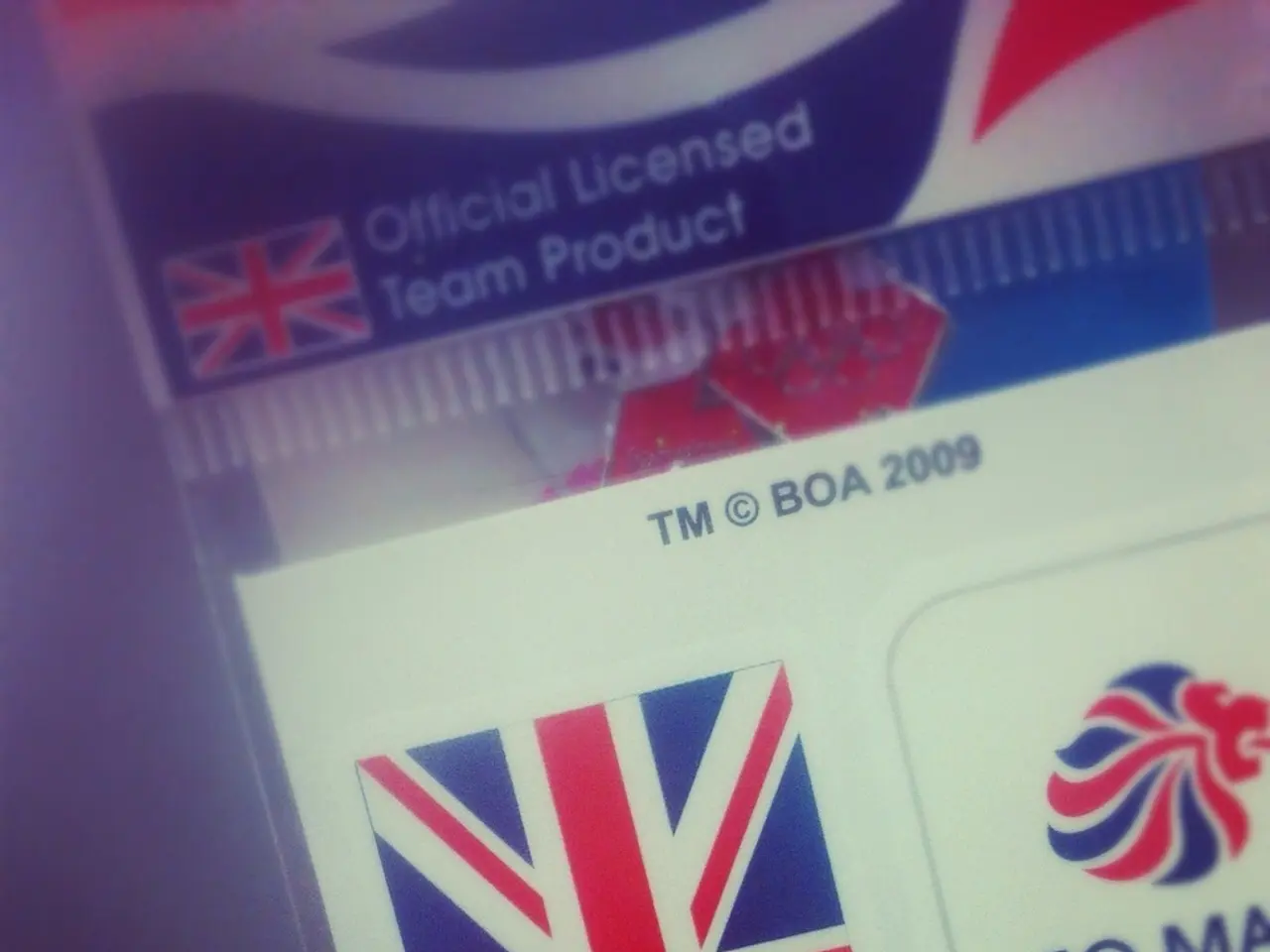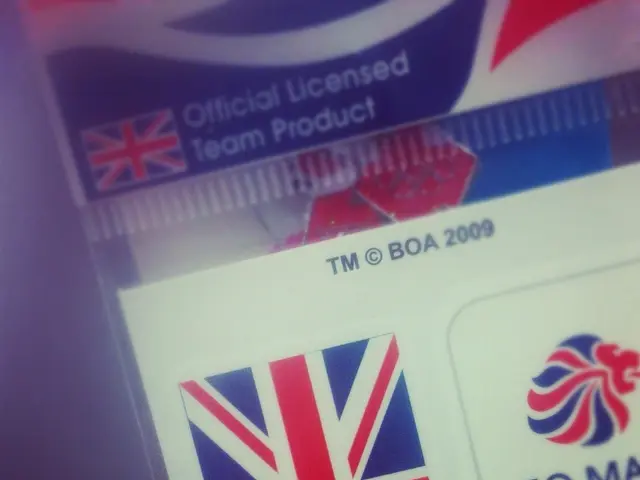Federal financial authorities abandon legal action against Comerica Bank
The Consumer Financial Protection Bureau (CFPB) has dismissed its case against Comerica Bank, without prejudice, regarding the Treasury’s Direct Express prepaid-card program that delivers federal benefits to millions of Americans. This dismissal, announced on April 11, 2025, follows the CFPB's lawsuit filed in December 2024, which alleged that Comerica provided poor customer service and illegally harvested fees from 3.4 million federal benefits recipients who held Comerica’s Direct Express prepaid cards [1][2].
The dismissal "without prejudice" means the CFPB reserves the right to refile the case in the future. This decision aligns with a broader pattern reported under the Trump administration, which included dropping or seeking to end other CFPB enforcement actions against major financial institutions [2][5]. Critics and some lawmakers have expressed concern that these dismissals may reduce accountability for banks and financial institutions, potentially leaving consumers with less protection from misconduct in federal benefits programs [3].
The CFPB's lawsuit against Comerica claimed the bank's Direct Express prepaid card program was fraught with issues that harmed consumers. The CFPB accused Comerica of dropping millions of customer service calls, subjecting callers to excessively long wait times, charging ATM fees to cardholders who were entitled to free withdrawals, mishandling complaints, and repeatedly failing to address complaints of fraud in an appropriate time period [1].
Comerica Bank, however, sued the CFPB one month after the CFPB's lawsuit, asserting the CFPB’s investigation was "aggressive and overreaching." The bank argued that a stay in the CFPB’s lawsuit would prolong reputational harm and give the CFPB an unfair advantage in crafting its opposition brief to Comerica’s motion to dismiss [2].
In a twist of events, BNY was named as the financial agent for the Direct Express program by the Treasury Department in November 2024, and Comerica agreed to work alongside BNY for three years to facilitate the transfer [4]. The CFPB's request for a stay in the case was denied by Judge Jane J. Boyle on March 10 [6].
The CFPB has dismissed its case against several other financial institutions, including JPMorgan Chase, Bank of America, Wells Fargo, Zelle parent Early Warning Services, Capital One, SoLo Funds, and Townstone Financial, all with prejudice. However, the dismissal of the case against Comerica Bank was done without prejudice, leaving the potential for future litigation [7].
As of the time of this article, the CFPB did not immediately respond to a request for comment [8].
References: 1. CFPB Sues Comerica Bank Over Prepaid Card Program 2. CFPB Drops Case Against Comerica Bank 3. CFPB Drops Case Against Comerica Bank: What It Means for Consumers 4. BNY Takes Over Direct Express Program from Comerica 5. Trump Administration Drops or Seeks to End CFPB Enforcement Actions 6. Judge Denies CFPB's Request for Stay in Comerica Lawsuit 7. CFPB Dismisses Cases Against Multiple Financial Institutions 8. CFPB Did Not Respond to Request for Comment
Comerica Bank may consider revisiting the issues raised by the Consumer Financial Protection Bureau (CFPB) in their dismissed case, as the dismissal was "without prejudice" and allows for potential future litigation. Critics and some lawmakers have expressed concern that such dismissals could weaken consumer protection in business and financial sectors.




